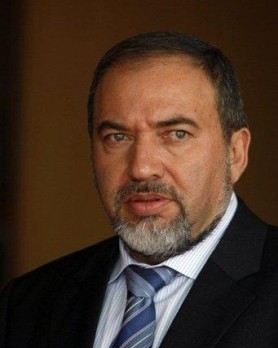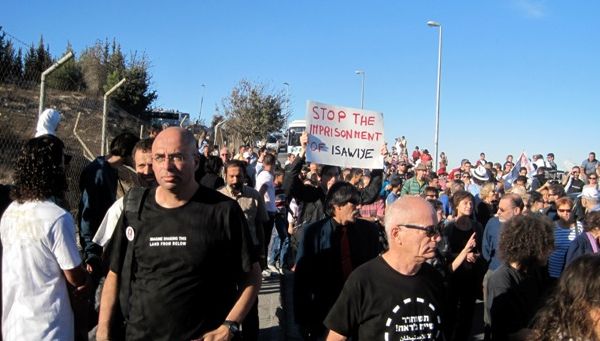Richard Falk writes:
It is dismaying that during this dark anniversary period two years after the launch of the deadly attacks on the people of Gaza, code-named Operation Cast Lead by the Israelis, that there should be warnings of a new massive attack on the beleaguered people of Gaza. The influential Israeli journalist, Ron Ren-Yishai, writes on December 29, 2010, of the likely prospect of a new IDF major attack, quoting senior Israeli military officers as saying “It’s not a question of if, but rather of when,” a view that that is shared, according Ren-Yishai, by “government ministers, Knesset members and municipal heads in the Gaza region.” The bloody-minded Israeli Chief of Staff, Lt. General Gabi Ashkenazi reinforces this expectation by his recent assertion that “As long as Gilad Shalit is still in captivity, the mission is not complete.” He adds with unconscious irony, “We have not lost our right of self-defense.” More accurate would be the assertion, “We have not given up our right to wage aggressive war or to commit crimes against humanity.” And what of the more than 10,000 Palestinians, including children under the age of 10, being held in Israeli prisons throughout occupied Palestine.
Against this background, the escalation of violence along the Gaza/Israel border, should set off alarm bells around the world and at the United Nations. Israel in recent days has been launching severe air strikes against targets within the Gaza Strip, including near the civilian crowded refugee camp of Khan Younis, killing several Palestinians and wounding others. Supposedly, these attacks are in retaliation for nine mortar shells that fell on open territory, causing neither damage nor injury. Israel also had been using lethal force against children from Gaza, who were collecting gravel from the buffer zone for the repair of their homes. As usual, the Israeli security pretext lacks credibility as if ever there was an occasion for firing warning shots in the air, it was here, especially as the border has been essentially quiet in the last couple of years, and what occasional harmless rockets or mortar shells have been fired, has taken place in defiance of the Hamas effort to prevent providing Israel with any grounds for the use of force. Revealingly, in typical distortion, the Gaza situation is portrayed by Ashkenazi as presenting a pre-war scenario: “We will not allow a situation in which they fire rockets at our citizens and towns from ‘safe havens’ amid [their] civilians.” With Orwellian precision, the reality is quite the reverse: Israel from its safe haven continuously attacks with an intent to kill a defenseless, entrapped Gazan civilian population.
Perhaps, worse in some respects than this Israeli war-mongering, is the stunning silence of the governments of the world, and of the United Nations. World public opinion was briefly shocked by the spectacle of one-sided war that marked Operation Cast Lead as a massive crime against humanity, but it has taken no notice of this recent unspeakable escalation of threats and provocations seemingly designed to set the stage for a new Israeli attack on the hapless Gazan population. This silence in the face of the accumulating evidence that Israel plans to launch Operation Cast Lead 2 is a devastating form of criminal complicity at the highest governmental levels, especially on the part of countries that have been closely aligned with Israel, and also exhibits the moral bankruptcy of the United Nations System. We have witnessed the carnage of ‘preemptive war’ and ‘preventive war’ in Iraq, but we have yet to explore the moral and political imperatives of ‘preemptive peace’ and ‘preventive peace.’ How long must the peoples of the world wait?

 In recent months, Israel’s political leaders and Israel’s stateside supporters have been railing against the so-called delegitimization movement. It’s debatable whether such a movement exists but even to the extent that it does, the effect it has had in tarnishing Israel’s image is minuscule in comparison to Israel’s own unintentional delegitimization efforts.
In recent months, Israel’s political leaders and Israel’s stateside supporters have been railing against the so-called delegitimization movement. It’s debatable whether such a movement exists but even to the extent that it does, the effect it has had in tarnishing Israel’s image is minuscule in comparison to Israel’s own unintentional delegitimization efforts.
